Cats have long been enigmatic creatures, captivating humans with their mysterious behavior and independent personalities. While their aloof demeanor might lead some to believe otherwise, many cat owners feel a strong bond with their feline companions. But what goes through a cat’s mind when their owner is not around? Do they miss their human friends, or do they simply move on with their day as if nothing happened? In this article, we’ll explore the fascinating question: do cats actually think about their owners when they’re gone?
Understanding Feline Cognition
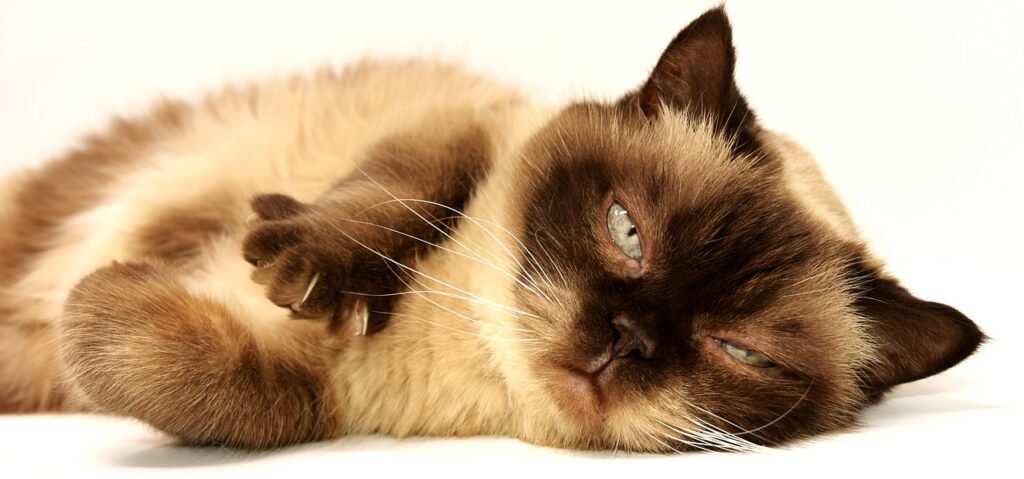
Cats are often misunderstood as less emotionally attached compared to dogs, primarily due to their independent nature. However, recent studies in animal behavior suggest that cats possess complex cognitive abilities that are reflective and adaptive. Their ability to recognize routines, remember past events, and respond to human emotions indicates a higher level of awareness.
The Bond Between Cats and Humans
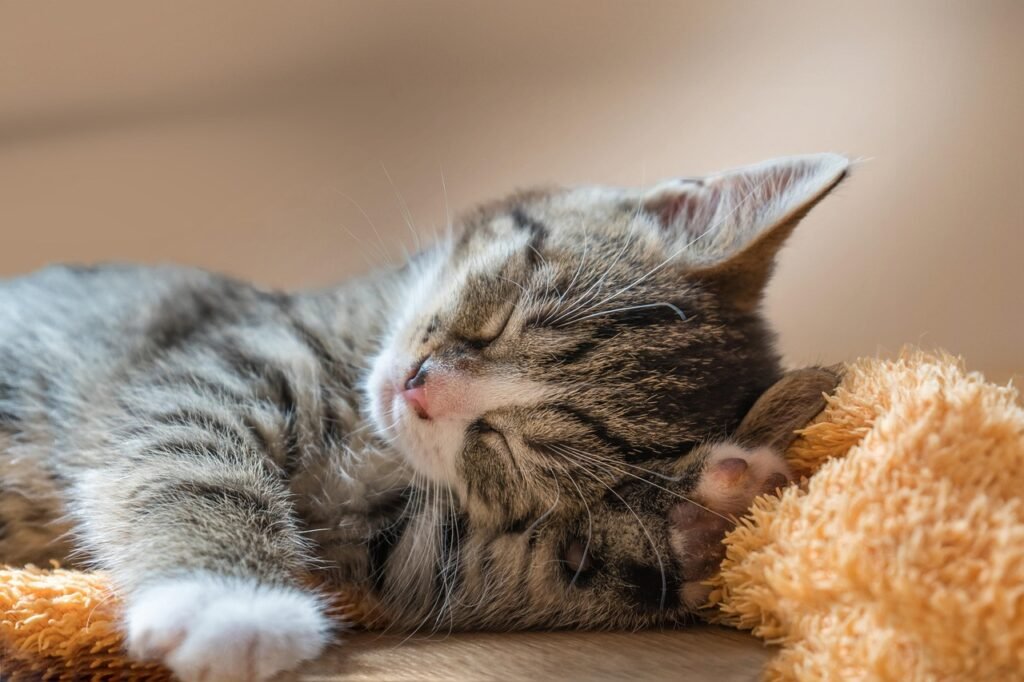
While cats might not show affection as overtly as dogs, they do form deep bonds with their owners. These bonds are manifested in various behaviors such as purring, kneading, and slow blinking. Cats can also become stressed or anxious when their humans are away, which is a testament to the emotional connection they feel.
Separation Anxiety in Cats
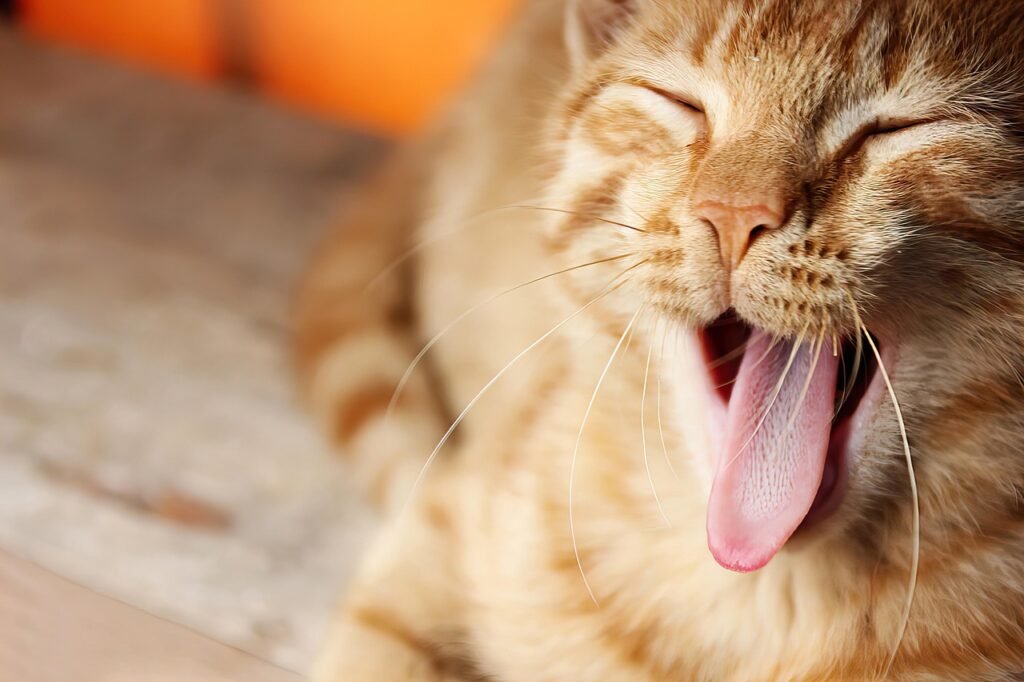
Separation anxiety is not exclusive to dogs; cats can also experience this condition. Signs of separation anxiety in cats include excessive meowing, destructive behavior, and inappropriate elimination. These behaviors often arise when a cat misses their owner’s presence and struggles to cope with the absence.
Recognizing Their Owners
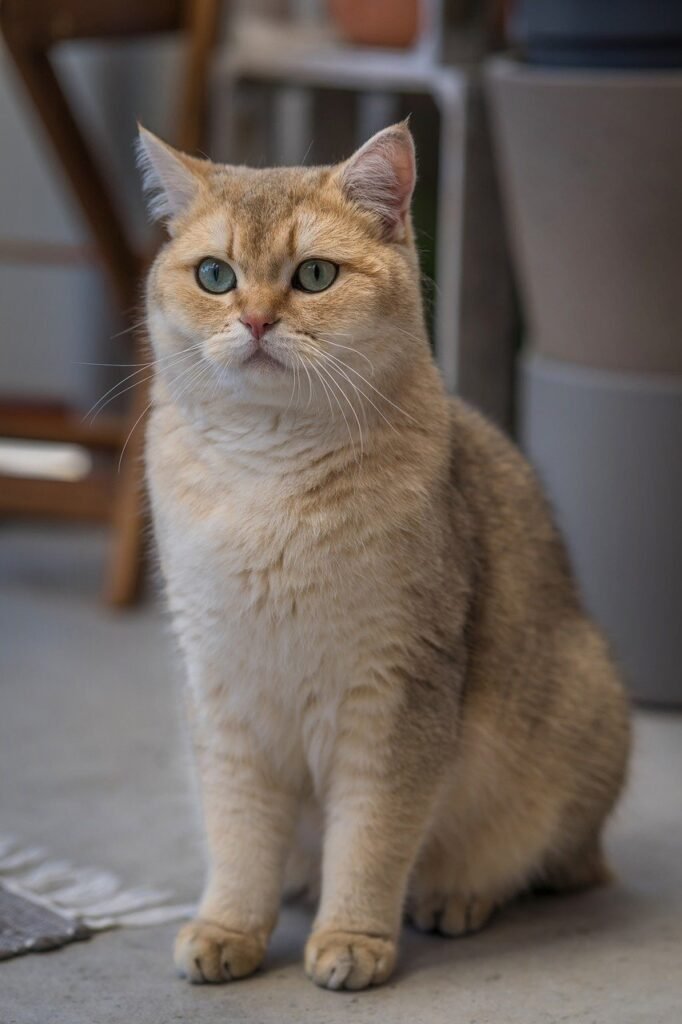
Cats have a keen sense of smell and can recognize their owners through scent. They also show recognition through vocal sounds and visual cues. Studies have shown that cats respond more to their owner’s voices and appearances compared to those of strangers, indicating a strong recognition and attachment to their human companions.
Memory and Awareness
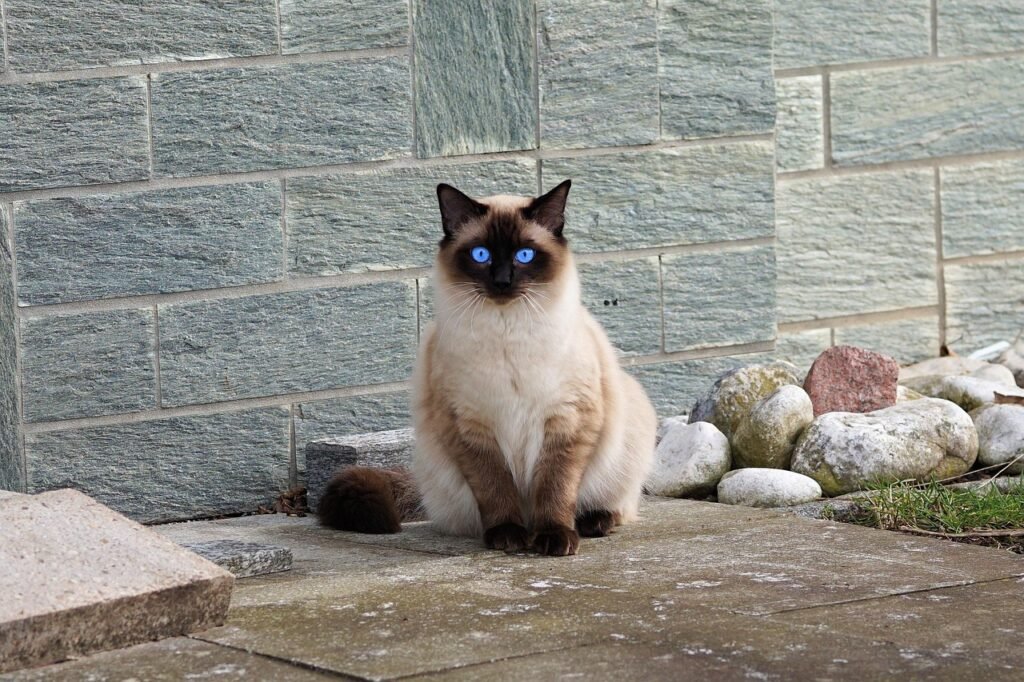
Cats have both short-term and long-term memory capabilities, allowing them to retain information about their interactions and experiences. They can remember their owners’ routines, gestures, and even moods. This memory capability suggests that cats do think about their owners even when they are not present.
Social Interaction Preferences
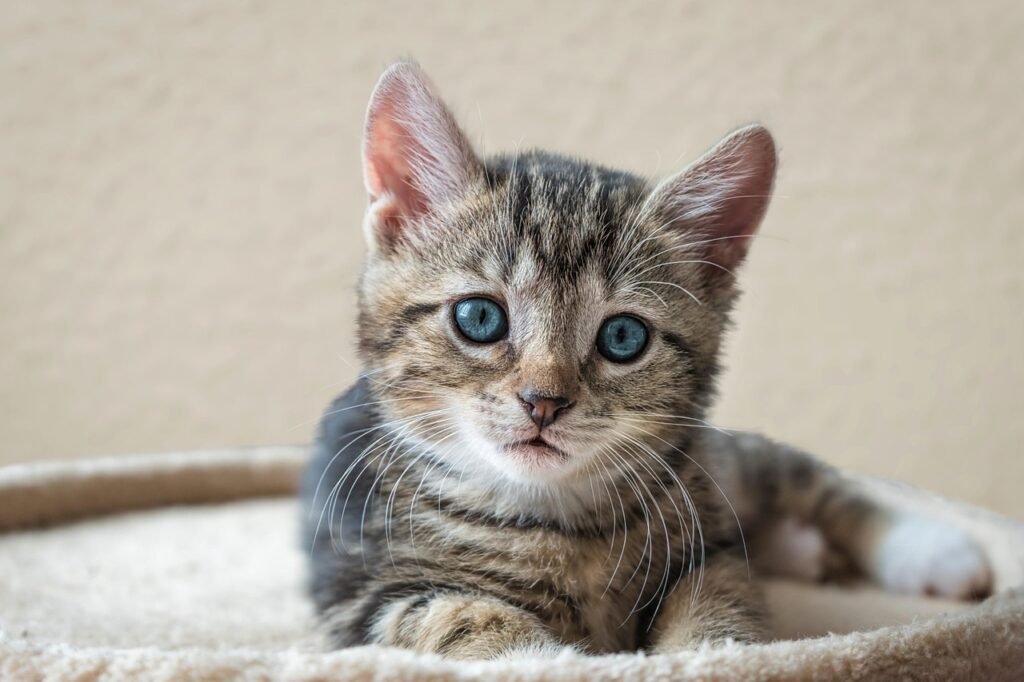
While some might believe that cats prefer solitude, many cats thrive on social interactions. They enjoy playtime, petting, and simply being in the same room as their humans. This preference for social interaction adds to the likelihood that they think about their owners when they’re gone and look forward to their return.
Coping Mechanisms When Alone
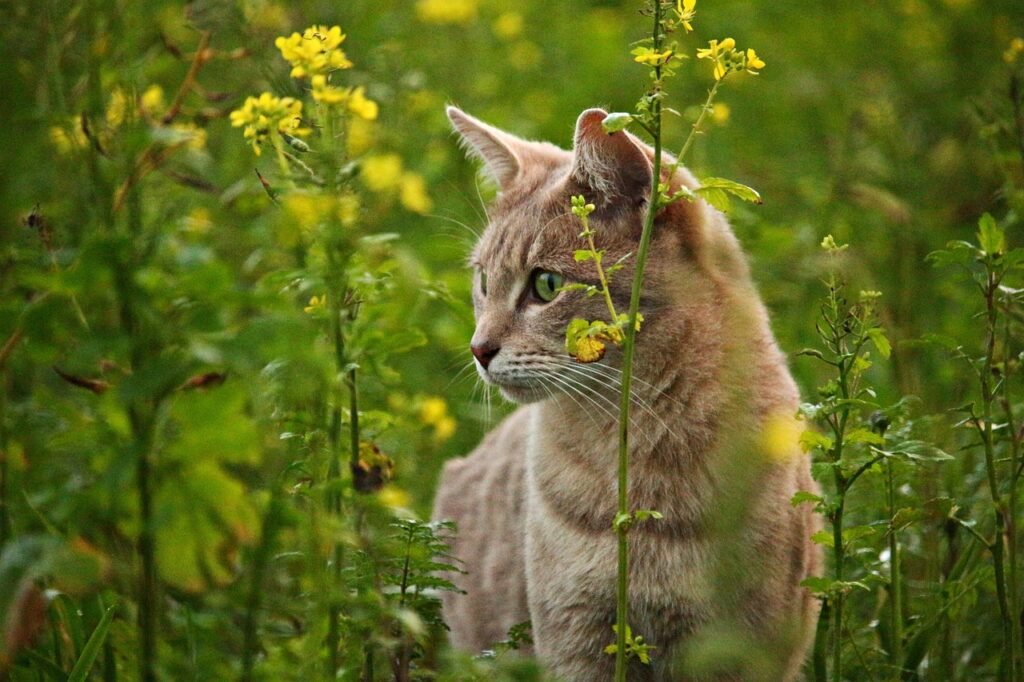
Cats have unique ways of coping when they are left alone. Many cats choose to nap, explore their environment, or engage with toys. Some owners find it helpful to leave items with familiar scents to provide comfort to their feline friends during absences.
Impact of the Owner’s Absence on Cat Behavior
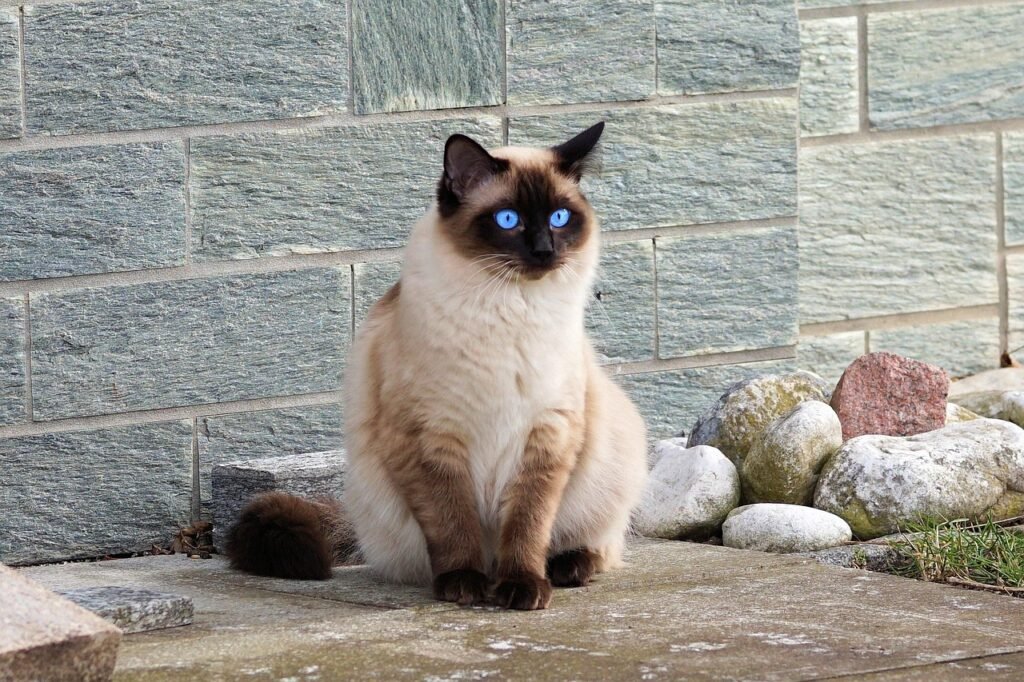
The absence of an owner can lead to noticeable changes in a cat’s behavior. Some cats may become more reserved or hide more frequently when their owner is not around, while others might seek more attention from other household members or even other pets.
Human-Cat Communication
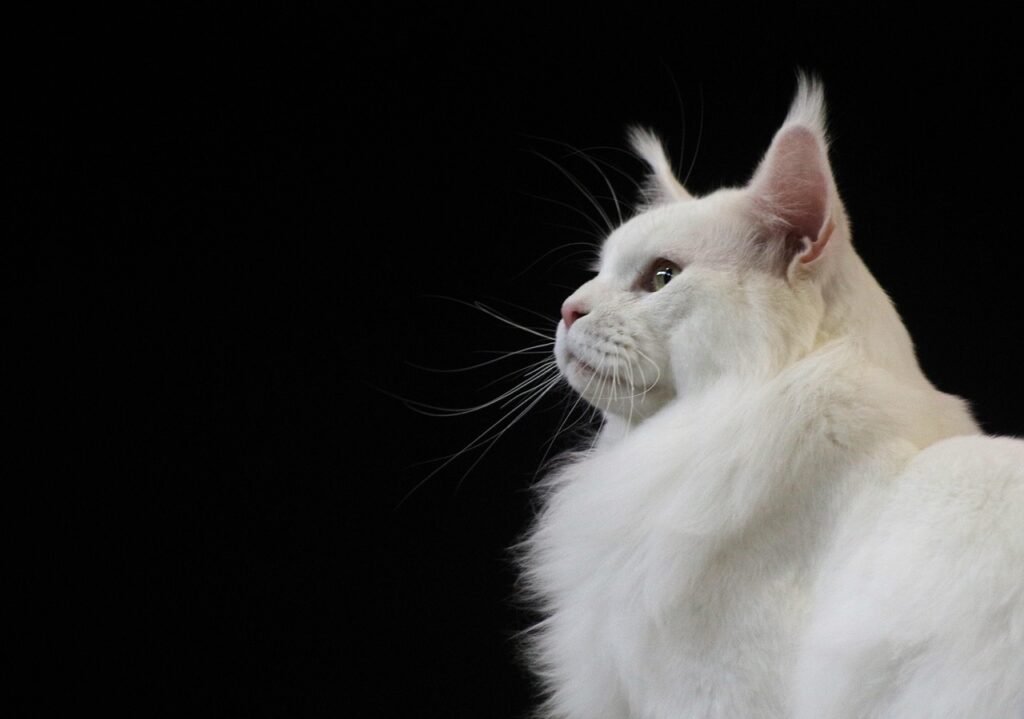
Cats have distinct ways of communicating with their owners, using a combination of body language, vocalizations, and behavior. When an owner returns after being away, cats often express their feelings through gestures such as rubbing against the owner’s legs, meowing, or even bringing “gifts” like toys.
Enrichment and Engagement
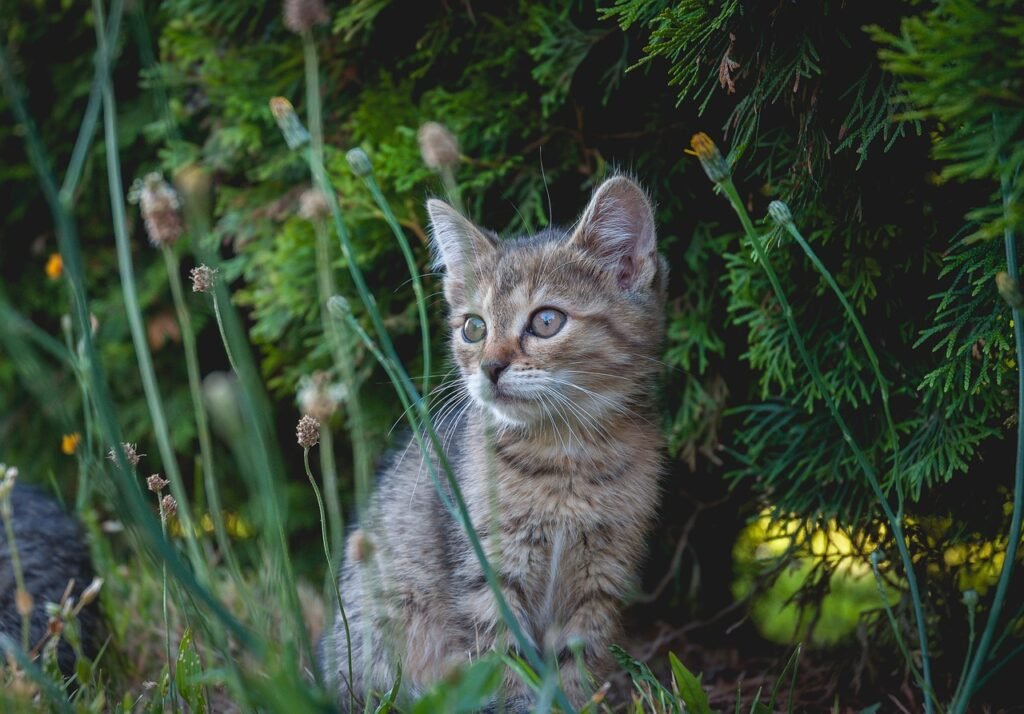
To maintain a strong bond and reduce anxiety during absences, providing enrichment activities is crucial. Interactive toys, puzzle feeders, and cozy resting spots can keep cats entertained and comforted while their owners are away.
Do Cats Dream of Their Owners?
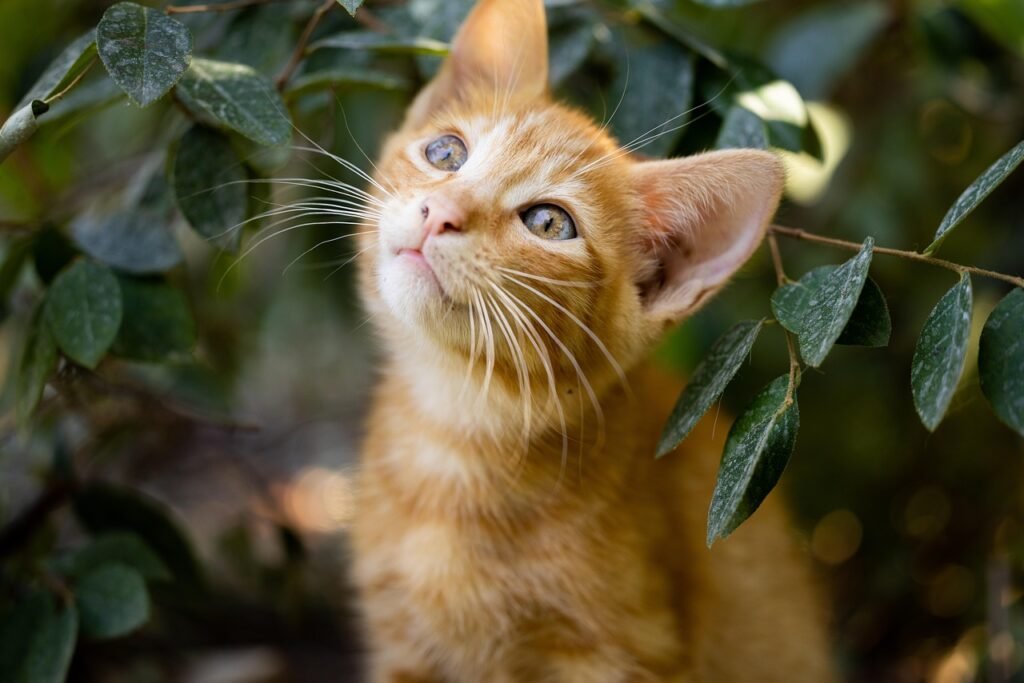
Cats spend a significant portion of their day sleeping, and like humans, they experience REM sleep, during which dreaming occurs. While it’s impossible to know exactly what cats dream about, it’s plausible they dream of familiar experiences and beings, including their owners.
Scientific Insights into Feline Emotions
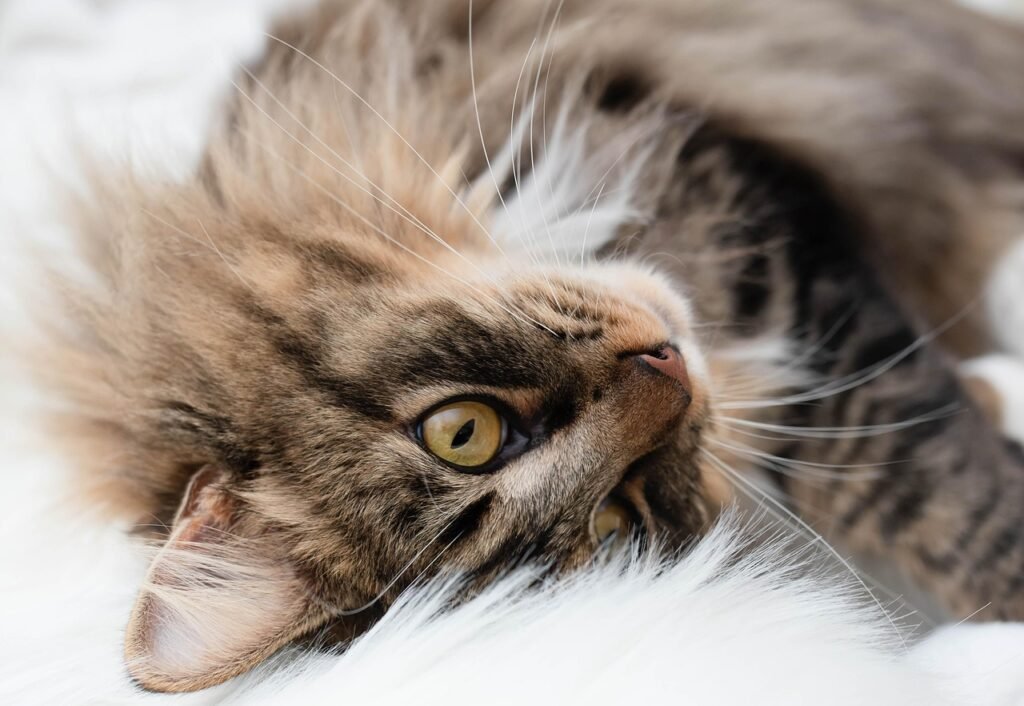
Research into feline emotions is still in its infancy, but studies suggest that cats have complex emotional lives. They can experience joy, anger, and anticipation, which implies a capability to think positively about their owners when they’re away.
Strengthening the Human-Cat Connection
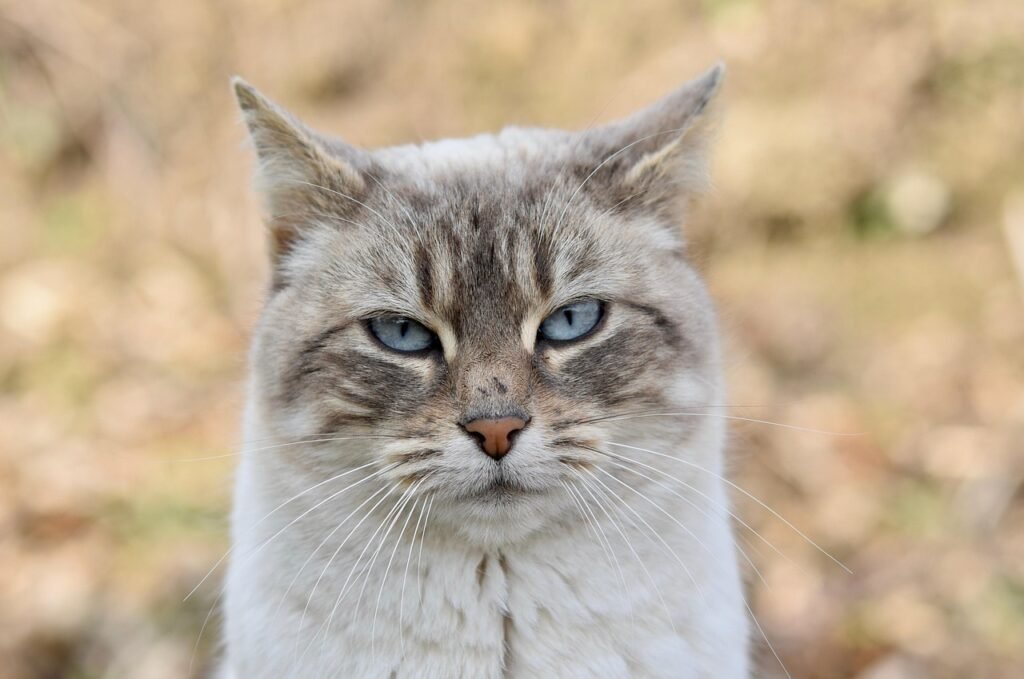
Building a stronger bond with a cat involves understanding their needs and reinforcing positive interactions. Spending quality time, providing consistent care, and respecting their autonomy are essential for nurturing a meaningful relationship.
The Role of Routine and Familiarity
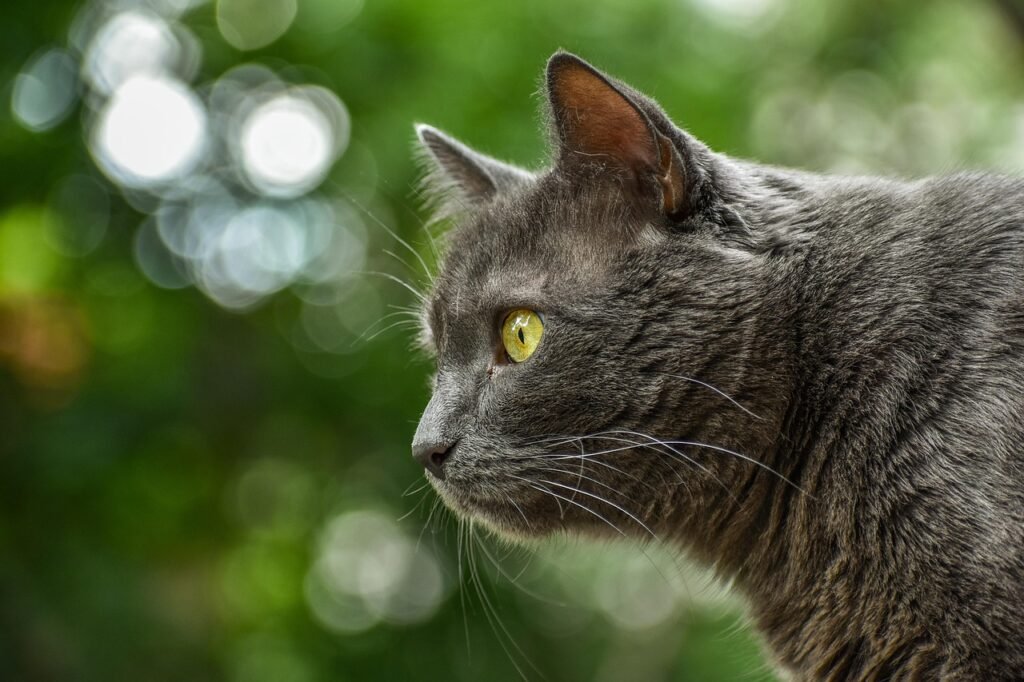
Cats are creatures of habit and thrive in environments that offer routine and predictability. This familiarity can be comforting when an owner is away, as consistent schedules help cats feel secure, indirectly reminding them of their owner’s presence even in their absence.
The Future of Feline Behavior Studies
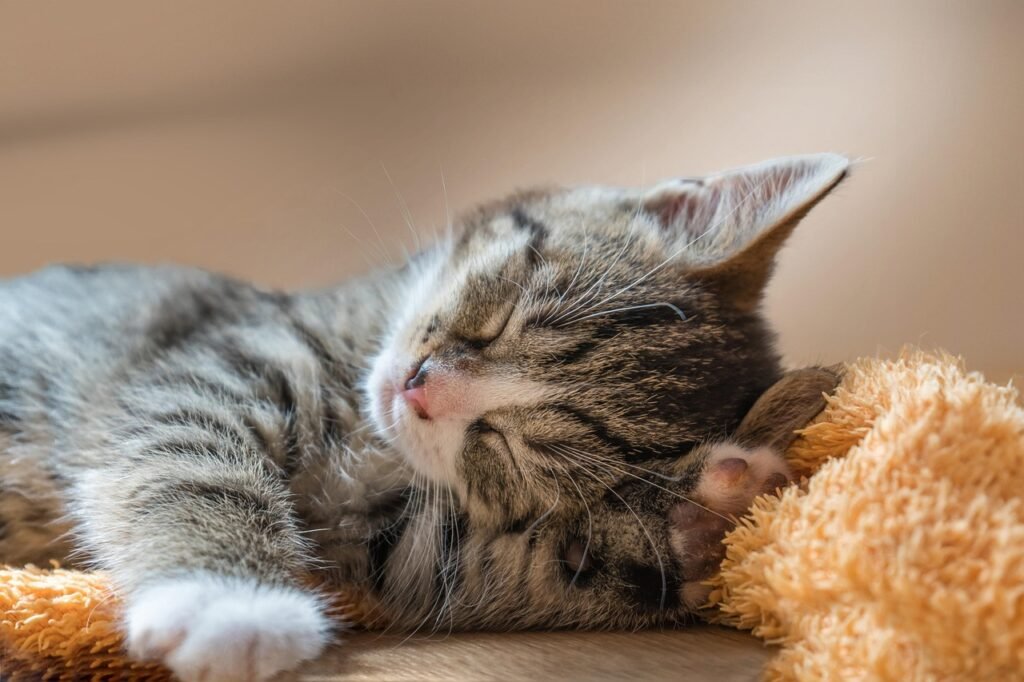
The field of feline behavior study is rapidly expanding, promising more insights into how cats perceive, think, and feel about their human companions. As we continue to learn, we can further enhance the well-being of these beloved animals.
Conclusion: A Bond Beyond Sight
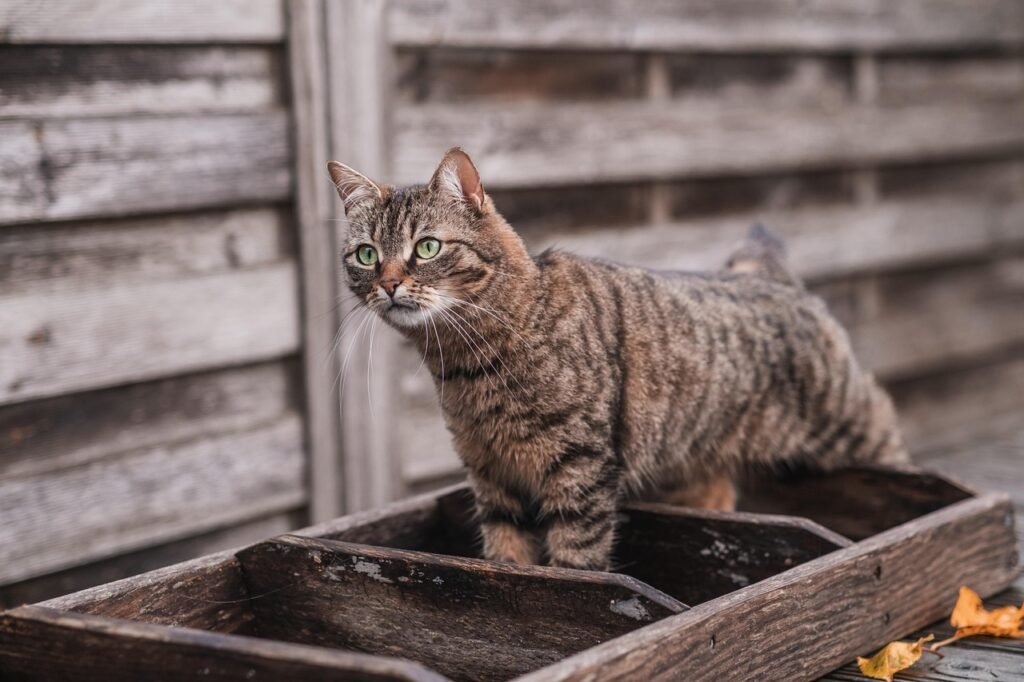
While cats might not express longing as openly as dogs, they do indeed have the capacity to think about and miss their owners when they’re gone. With their remarkable memory, emotional depth, and capacity to form bonds, cats challenge the stereotype of the indifferent feline. By understanding and supporting their emotional needs, we can ensure that their time alone is spent contentedly, awaiting the joyful return of their human companions. So next time you leave your home, know that your cat is likely thinking about you more than you realize—and will be counting the moments until you’re back.

Growing up traveling and experiencing new cultures and wonders, I have had a passion for nature, adventuring, photography, and videography. I am currently working towards a BSc in Biodiversity and Ecology at Stellenbosch University, and I hope to specialise in Marine Sciences one day.
Please send any feedback to Feedback@animalsaroundtheglobe.com





